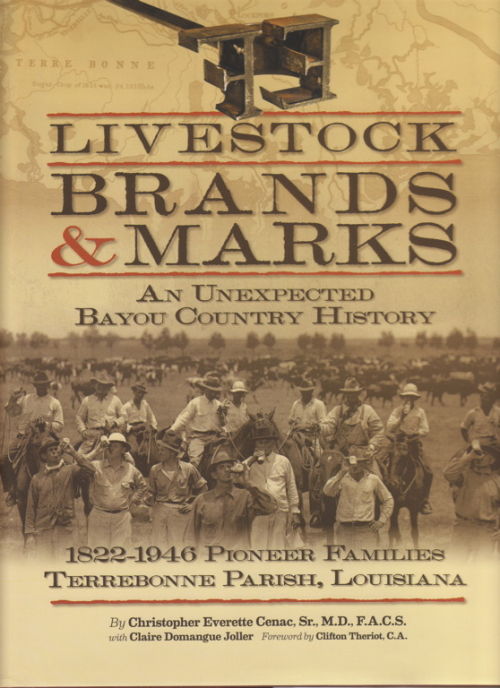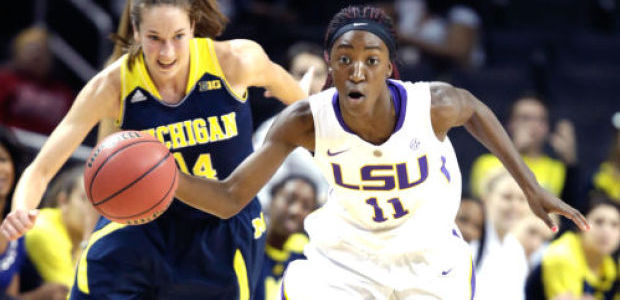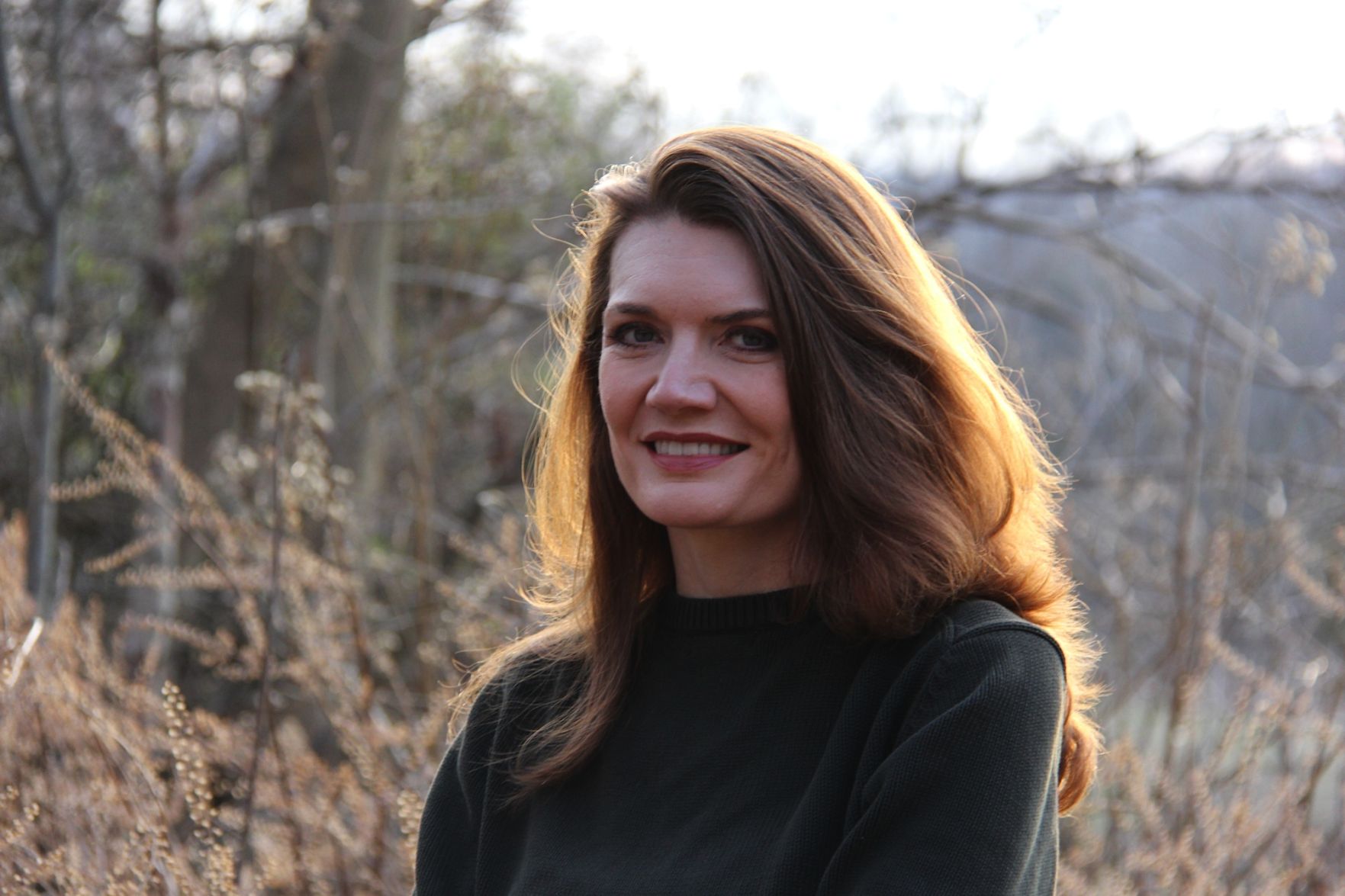
Saadi: Merry Christmas to all, and to all, a good book
December 3, 2013
Believe the Hype: LSU men, women succeed in tournaments
December 4, 2013Malcolm Gladwell is an author and journalist who most always presents readers with a challenge. Booklovers are probably familiar with his previous works, Outliers: The Story of Success, Blink: The Power of Thinking without Thinking and The Tipping Point: How Little Things Can Make a Big Difference; but his most recent book David and Goliath: Underdogs, Misfits, and the Art of Battling Giants, just might rise above his previous works in popularity. From the title, readers can gather that this book’s content will revolve around the little man defeating the giant; but what readers cannot figure from this book’s cover is the depth of self-evaluation an individual will experience from reading page after page.
Most everyone is familiar with the biblical story of David and Goliath. David, a shepherd boy, defeated Goliath, a giant well over nine feet tall, in what at first appeared to be a head-to-head combat. Goliath laughed at the boy approaching with his cane and said, “Am I a dog that you should come to me with sticks?” Naturally any observer here would agree that David had a death wish and an overabundance of self-confidence. Here’s the thing: This small shepherd boy did not have the necessary strength to handle Goliath, but he did have the mind and skill to challenge his might. What outsiders could not see from this situation is that David was a slinger, and a pretty darn good one. As Goliath moved inward, David pulled out his sling and slung a stone directly into the center of Goliath’s forehead, causing the giant to stumble to the ground. David then used the giant’s sword to finish him off by severing his head.
Gladwell indicates that the world’s definitions of strength and weakness are skewed. Society often believes bigger is stronger and smaller is weaker, but this is not always the case. In fact, a good percent of the time these stereotypical ideas are complete opposites. Confrontation is all about perspective. A person’s situation may appear to have a great deal of power over him, but surely there is something on his end he can utilize to overcome the circumstance. Gladwell is not suggesting violence as an option to solving conflict. He is simply challenging individuals to look more deeply at what may seem like an unfortunate event. He uses several stories throughout history as examples for the Davids overcoming the Goliaths. The variety of historical accounts and topics he uses is sure to interest a diverse group. Some of these include: dyslexia, college, the 19th-century art movement Impressionism and Martin Luther King Jr.
The author’s compelling arguments encourage readers to think about their own weaknesses, and how these weaknesses can become strengths with a little thought and, sometimes, creativity. David’s weakness was that he was small; but it’s also his smallness that distracted the giant from even thinking that David might have another method to combat.
Gladwell writes for the layman, using his notorious pop-psychology style. He is not a scientist, but does make scientific enquiries. I would not read his books for science-based evidence and hard-core research, but more for thought-provoking entertainment and self-reflection. He seemed to be cherry picking aspects from the historical accounts he shared to prove his ideas, which may discourage a few from even considering picking up this book. Overall, however, I’d considered Gladwell’s new work invigorating and inspiring for those with open minds and a willingness to gain a deeper sense of self.
We all have weaknesses, and it’s often our perceptions of these weaknesses that misguide us into making wrong and usually regretful decisions. Maybe stepping back and looking at these limitations and unfortunate circumstances from a new perspective will provide clarity to the advantages that have been there all along. It worked for David didn’t it?
– Rachel LeCompte is a library lover who enjoys nothing more than a good book with a strong cup of coffee. She may not be saving lives like doctors (and Superman), but she’ll do her best to save literature – the enrichment to life. Reach her through email at rachel@gumboguide.com.
“David and Goliath”





